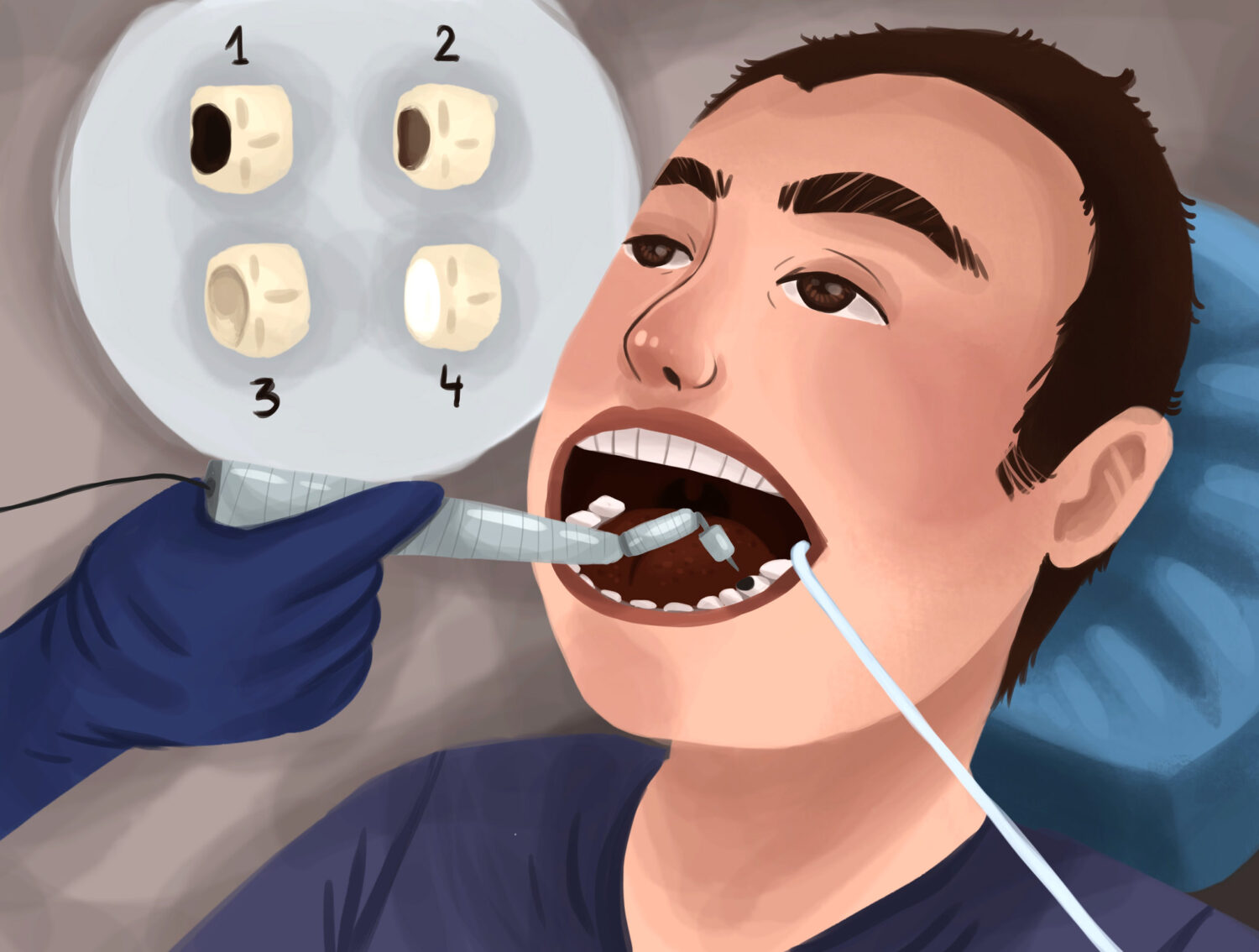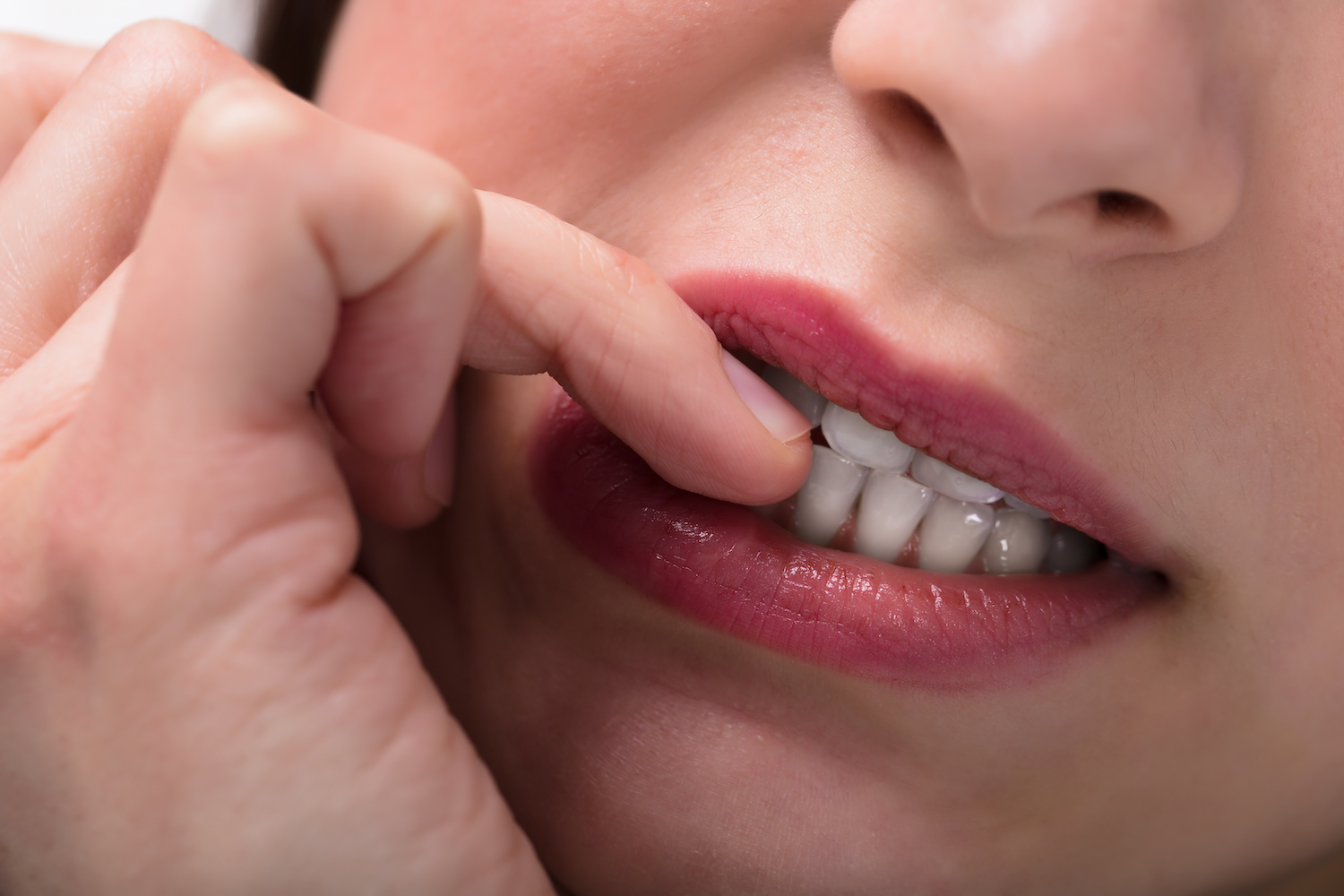In this post, we share practical and interactive ideas for parents to celebrate Children's Dental Health Month with their kids.
Tooth Decay 101

Every six months when you visit one of our CarolinasDentist offices for a professional cleaning and exam, our team closely evaluates the health of your teeth. We identify any potential signs of early-stage tooth decay and treat cavities when they are severe enough. Today, we want to talk about how tooth decay and cavities occur, and give you some tips for avoiding them.
What Happens When a Tooth Begins to Decay?
The progression of tooth decay occurs differently for every patient. For some, it occurs over the course of several months, while others it takes years to fully develop into a cavity. The first stage occurs when your tooth enamel, the hardest surface in your body, weakens through a process called demineralization. Typically a small white spot or streak will form on the surface of your enamel where demineralization is taking place. This is a soft spot; it’s not permanently damaged, but it’s not strong either. When bacteria in your mouth produce an acidic byproduct as they feed upon your dietary sugar, this acid continues to strip away the minerals in your enamel. Further erosion and weakening of the enamel eventually leads to permanent damage, exposing the underling dentin and sensitive inner pulp. Eventually, the damage causes a hole or pit, called a cavity, through the layers of your tooth that needs to be cleaned out and then repaired with a filling.
How Quickly Does Tooth Decay Spread?
Without treatment, the erosion of your tooth enamel can spread to your dentin. If decay reaches dentin, it can result in painful tooth sensitivity, as dentin contains tiny tubes that connect to nerve endings of your inner tooth. Once decay reaches dentin, it can quickly proceed to the root of your tooth and destroy the pulp. At this stage, root canal therapy is often the only option to save the tooth. Root canal therapy is a virtually painless procedure that removes the decay and damaged pulp, and caps the tooth with a protective dental crown before a painful abscess or infection can form. If left untreated, severe decay can lead to infection of your gums, loss of the tooth, and even bone loss.
Is Tooth Decay Reversible?
If we catch tooth decay in its early stages, we can often treat these soft softs and strengthen them before they progress to full-blown cavities. Although enamel is not living and can’t regrow in areas where it is damaged, we have a secret weapon: remineralization. Through the process of remineralization, fortifying minerals such as fluoride, calcium, and phosphate are deposited back into the crystalline mineral structure of your tooth enamel to re-harden your enamel and strengthen your tooth. Remineralization is a natural process, aided by your saliva, water, and a diet high in tooth-healthy foods.
Ask Us for Tooth-Strengthening Tips!
The best way to protect your mouth from tooth decay is to practice good oral care at home. Brush your teeth twice each day and floss every day to keep your smile healthy and strong. Eat a nutritious diet, drink plenty of water, and chew only sugar-free gum. To ask our team any additional questions about tooth decay or to schedule a checkup to be sure your mouth is cavity-free, contact our office today.









